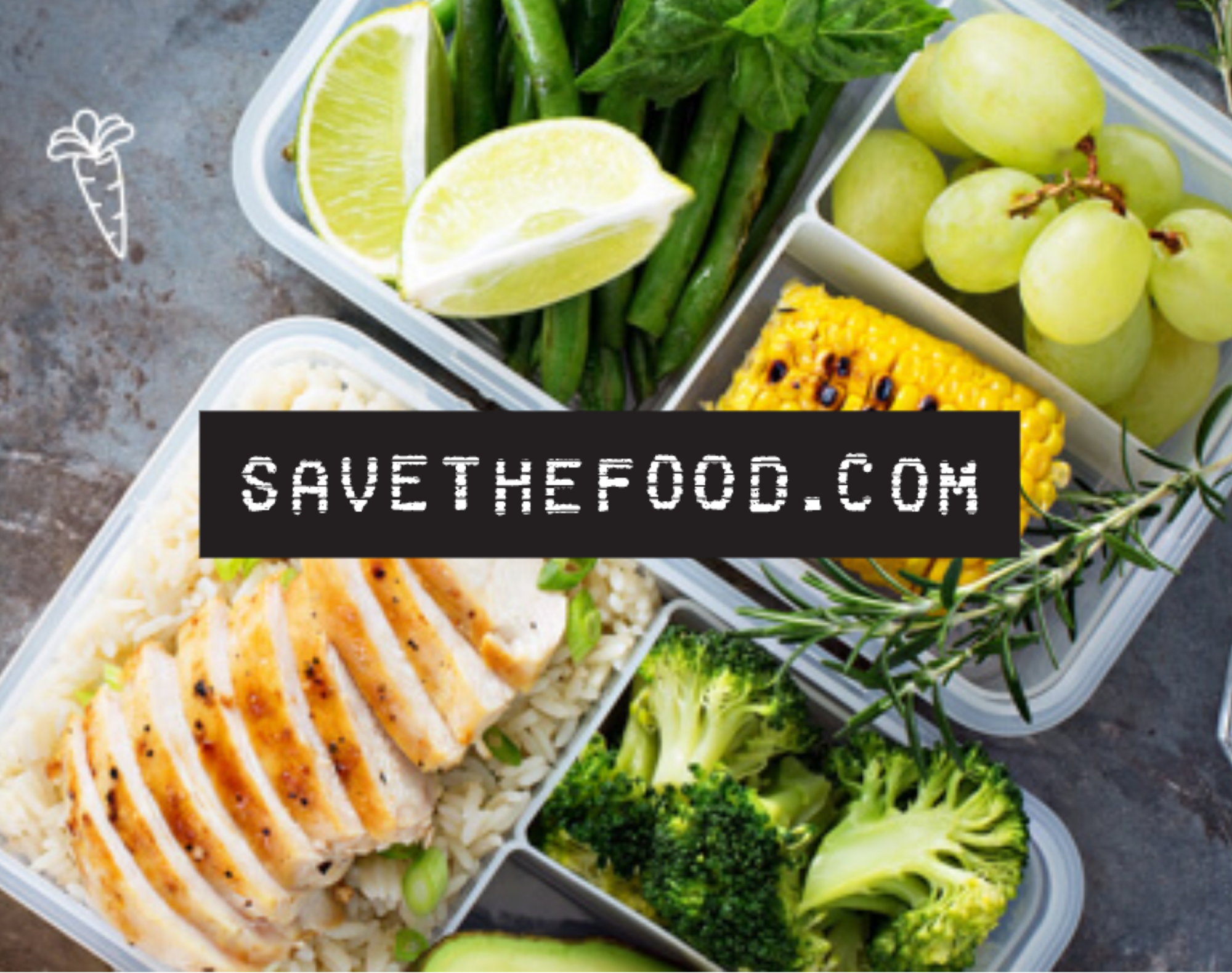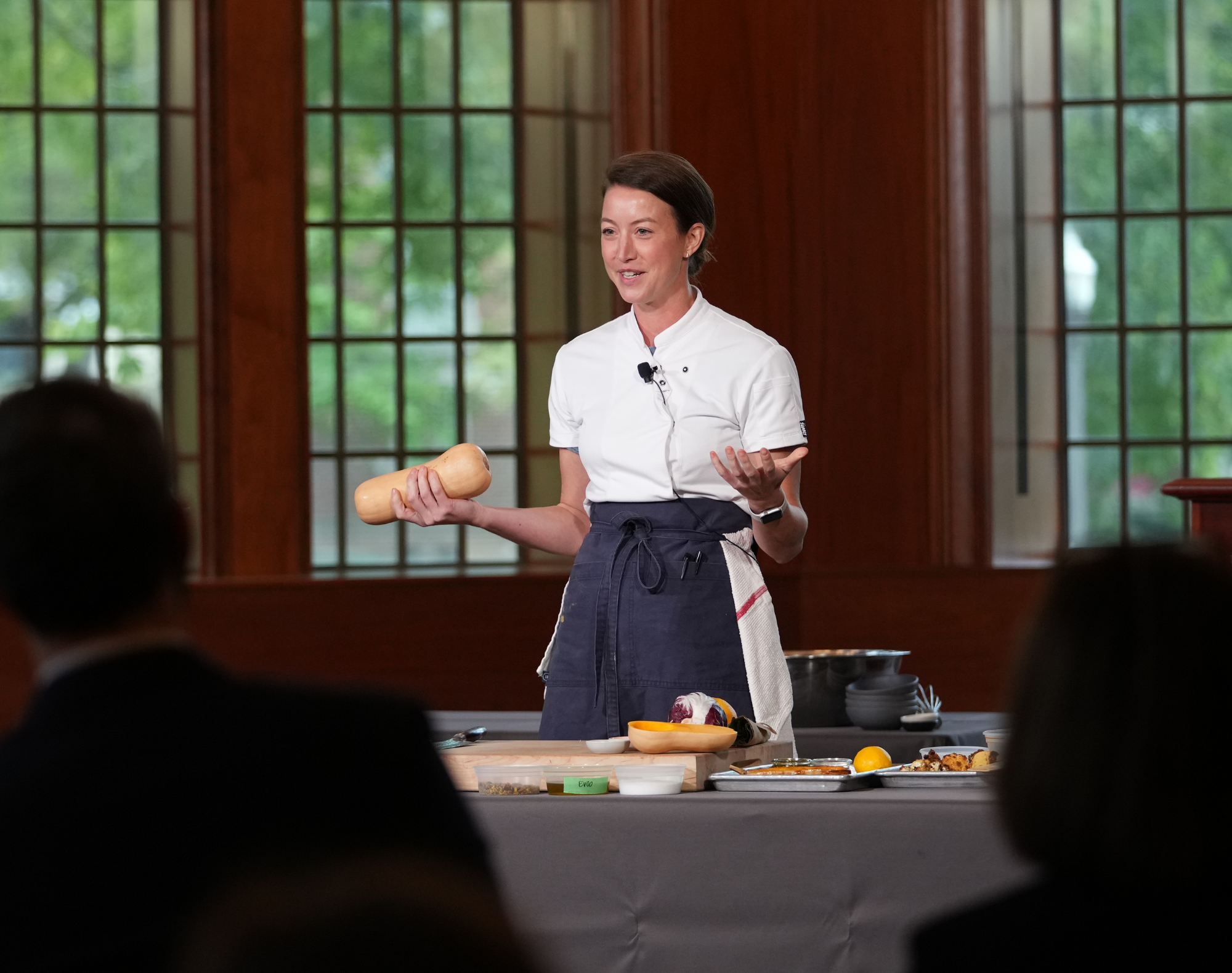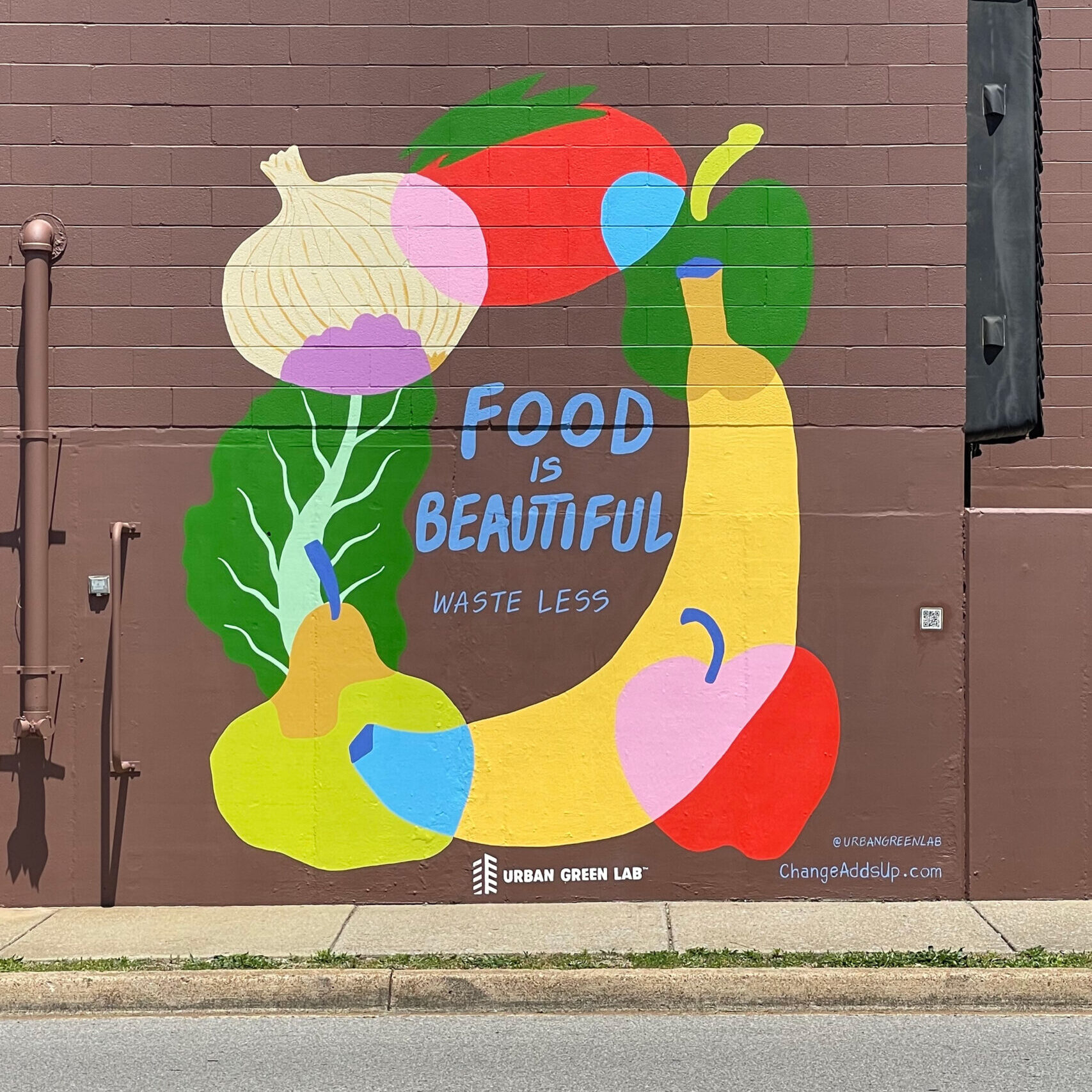$1,800
An average Nashville household of 4 throws out approximately $1,800 in food each year.
35%
Over one third of the food purchased in Nashville goes to waste.
20%
Food waste in the U.S. contributes the same amount of climate pollution as 20% of all passenger vehicles.
Help Nashville Thrive. Eat the Food.
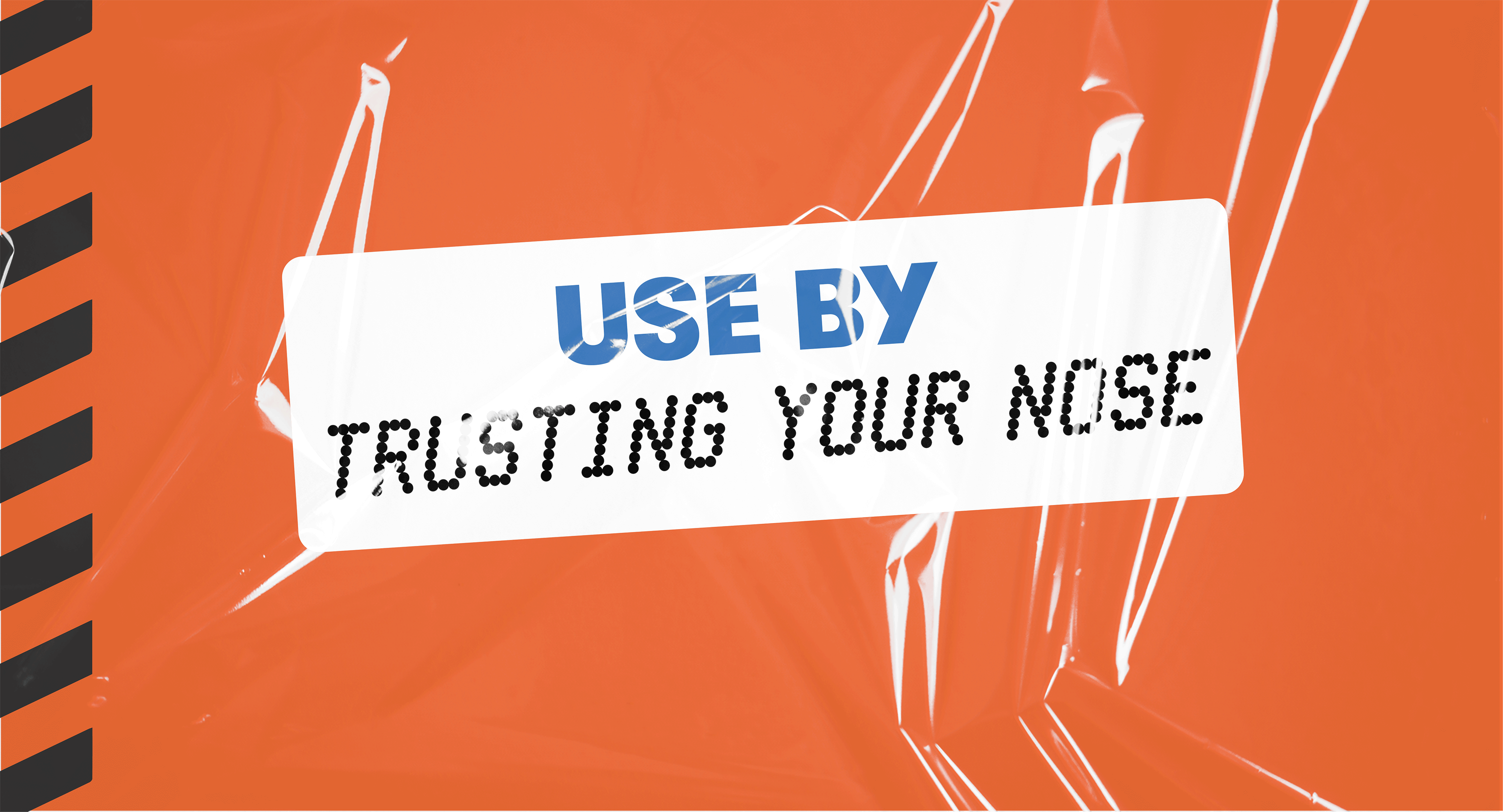
Trust Your Nose
Freshness indicators are simply suggestions. The best way to know if your food is good to eat is by conducting the sniff test. If it smells good, it will taste good as well.

If You Don’t Eat It, Freeze It.
Do you know most foods can be placed in the freezer for up to a month and maybe more? It’s a great way to save money and preserve food that you just don’t have time to cook.
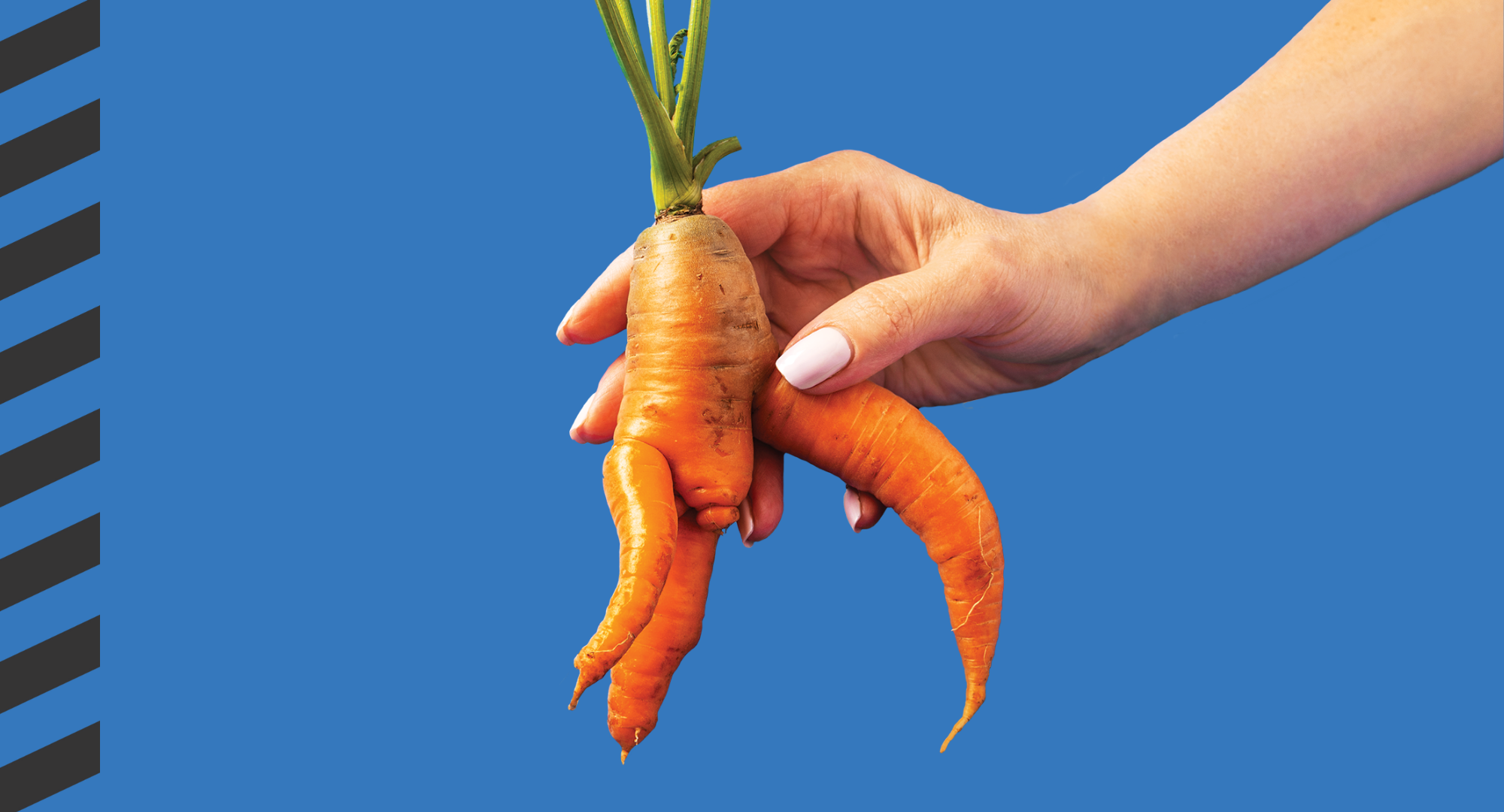
Irregular Food is Still Good Food
We tend to believe all pears are pear-shaped and a carrot should look like every other carrot. However, this isn’t always the case. Some food just grows differently.
Ways to Make a Difference
Consumers are the largest source of food waste, but we can do something about it. Use the Guest-imator to help you determine how much food you’ll need for the size of your group, and make a grocery list to ensure you only buy what you need. Browse recipes to help you use all parts of your food. Learn how to store your food so it stays fresh as long as possible.
The Nashville Food Waste Initiative (NFWI) drives citywide policies and strategies that reduce food waste by preventing wasted food, rescuing surplus food for those in need, and composting and recycling food scraps to build healthy soil. NFWI has developed citywide food waste policy recommendations for Metro Government, mobilized 40 restaurants to join the Mayor's Food Saver Challenge, and collects and analyzes food waste metrics for the city.
Urban Green Lab, in partnership with NRDC and the Kroger Zero Hunger Zero Waste Foundation, revealed a new mural on the Bandywood Drive side of the Kroger in Green Hills to celebrate the beauty of food and inspire shoppers to reduce food waste. Read more.
